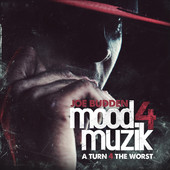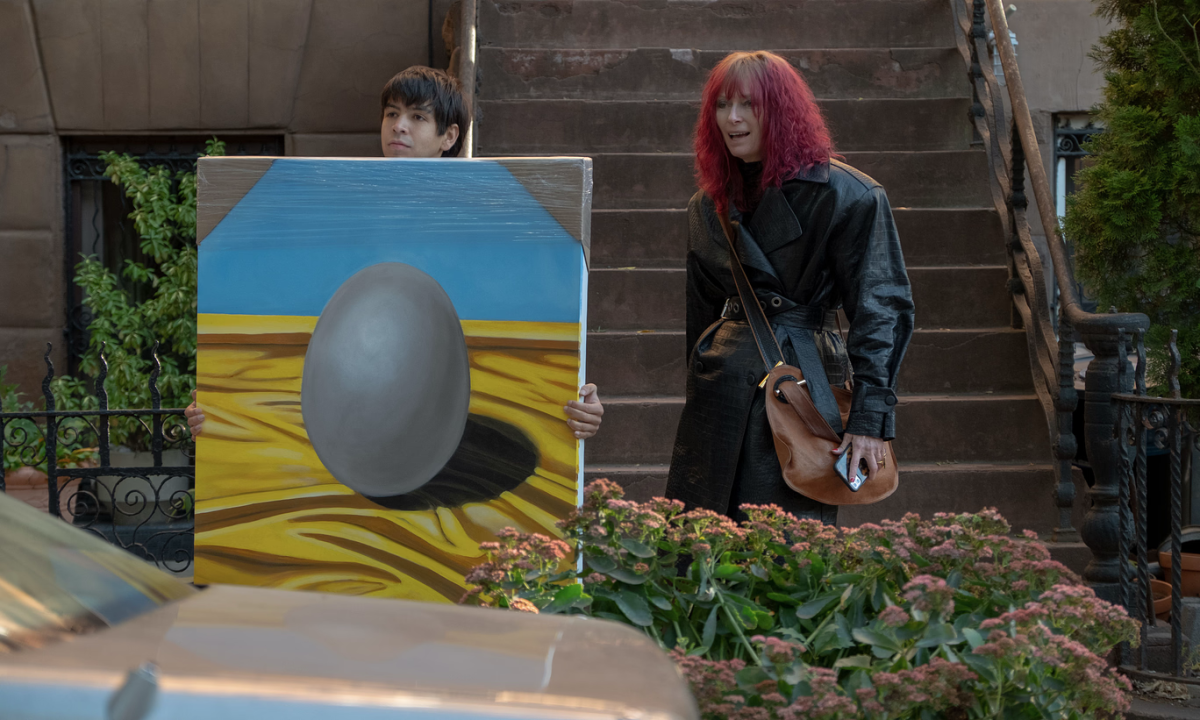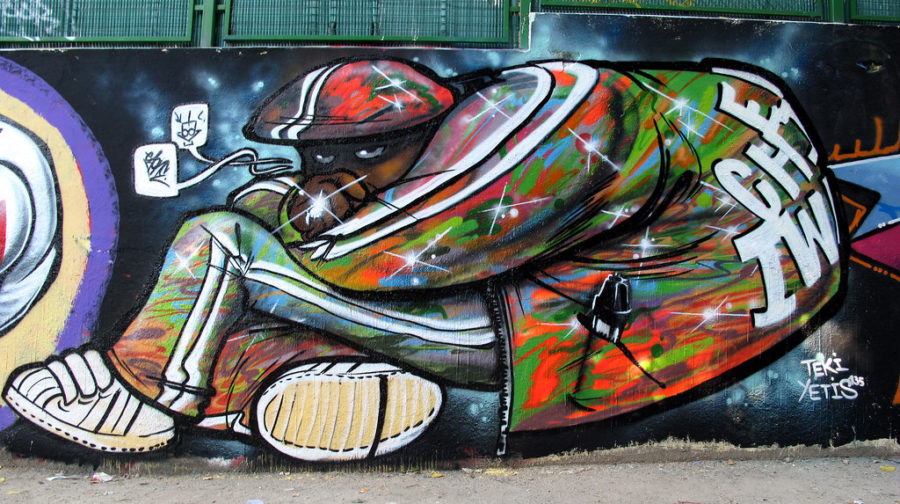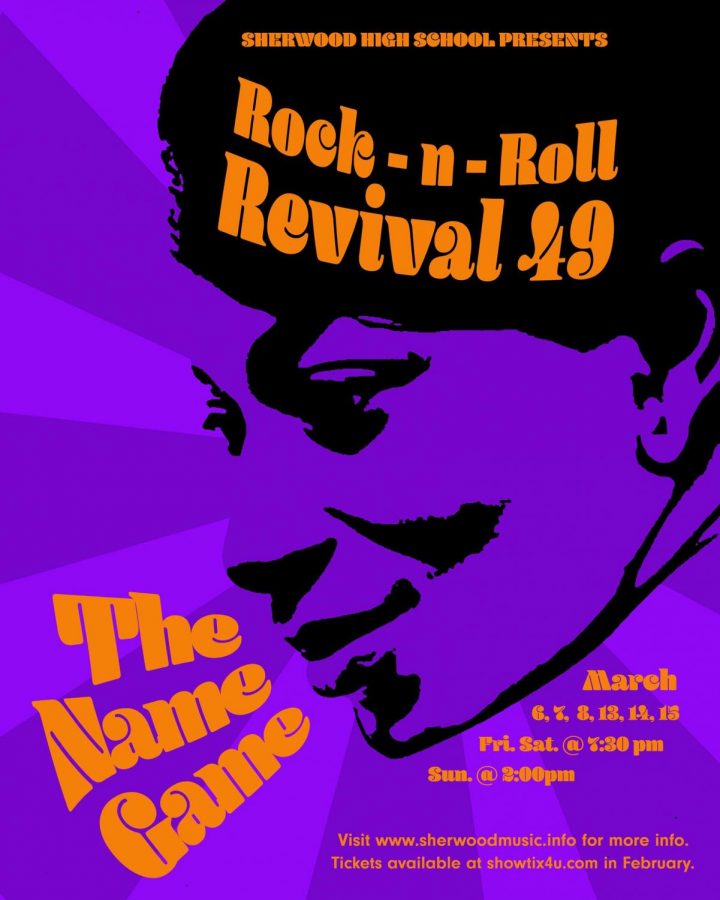(Photo Credit: Young Money Records)
Jay Z, Kanye West, Eminem, and Big Sean. The list of similar rap artists can go on and the probability that most people will recognize these names is more than likely. Tech Nine, Sage Francis, Dee 1, and Deshawn Supreme, who are these guys? These artists are not that different from the first four artists listed; they, too, are rap artists. However, there is one major difference that sets these four apart–they are considered “underground” rap artists.
As entertainment media changes, so does the meaning of the typical underground rapper. What characteristics define rising hip-hop artists as underground or mainstream? Does one make better music than the other, or does one simply make more money? With so much access to the internet and social media, is the rise of the underground rapper that much different from that of the mainstream rapper before the major record deal is signed?
Underground rappers proudly take the image of the talented underdogs in the rap game.. The usual scenario that is shown in movies and media confirms this idea, while creating a completely different character from the mainstream artist: the rich guy, with multiple cars and million dollar homes, as well as with plenty of women.
The lyrical content of each type of rapper is also believed to be different. Because of the lack of fame and material objects boasted, and because of their hunger to be heard, underground rappers seemingly rap more about politics, society, their own stories of struggle and triumphs and losses, and even a greater level of emotional struggle within their own personalities, such as many of Joe Budden’s works.
Underground rap is more relatable to by the common person, whereas mainstream rappers are said to write songs about women, drugs, money, and everything said money can buy.
In recent years, when it comes to who makes the better music, and who gets more exposure in the field, the lines have been blurred. Many social networks and entertainment sites make it very easy for anyone to get the attention of a global audience, whether it is good or bad.
Because fame is a factor that, determines the what sort of hip-hop artist one turns out to be, the access to fame also plays role in the labeling. Examples of this can seen from perspectives outside of the industry.
Rebecca Black, a young pop singer who became a celebrity overnight from her single “Friday”, gives the perfect example of how websites such as Youtube can put anybody in the spotlight. Black’s video received nearly 22 million views on Youtube, while the first few million were within one month, and Black became an instant celebrity despite the harsh criticism against the song within certain talent circles. Before her hit, Black was just another typical teenager with a hobby of singing casual party music.
This trend has reversed the logic: it used to be that one would get famous because he or she is special; now one is special because he or she is famous.

(Photo Credit: Marilyn Dubrowsky)
Does all of this change the meaning of what an “underground” emcee, or does it just change the process of becoming one? Sir Robert Bryson Hall II, known for his stage name “Logic”, emerged quickly as a new rap sensation through sites such as Youtube, where, like Black, his first video received thousands of views quickly, spreading his name all over the site. He claims, “I think social media is a great thing, it’s like a gift and curse. I am here today because of Twitter, because of Facebook, because of Youtube, with this, I already found a fan base before I had a deal.”
In 2012, Logic was named Billboard’s “Next Big Sound”, meaning he was the most rapidly escalating artist across the internet. Though his recognition was far more than most underground rap artists, it would not be until this year that Logic signed with a major label, taking him out of the underground category and making him mainstream (by most standards in the industry of hip-hop).
To many underground hip hop artists, signing with a major label would be considered ‘selling out’; mainstream artists would be called “fake hip hop artists.” Logic expresses his opinion on such allegations, “That’s just perception, I think what that is is just perception. I mean, if you listen to Eminem, he did grow as an artist and he isn’t talking about slitting his wrist and sticking nine inch nails in his eyelids that much anymore. But honestly, at the end of the day, he was still talking about raw stuff. So it just comes down to perception.”
This argument can be successfully supported by the example of other mainstream rap artists, such as Lupe Fiasco, Common, or Nas, rappers whose lyrical content appear to be more underground and raw than the typical commercial material.
Of course, the idea goes in both ways–there are also underground rappers that will make music that a typical commercial artist would make. Logic also explains how not everything on the web has good quality, “ You can type in anything and find it. But if you find it, does that mean that it’s good? But then if something is marketed on Facebook and Twitter, and it’s not really that great but it is marketed, and everybody knows about it just because they know about it, does that mean it’s good?”
The number of underground emcees is growing, categorically and interest wise, and because of that, competition among them is high. However, competition within any industry is considered to be a positive factor, especially in a field such as hip-hop, where terms such as “battles” are thrown around as buzz words for matching skills.
Many characteristics that separate each type of artist are now in shades of grey and can be shared by both. However, it is the signing with a major label that creates a significant difference. This does not mean that the quality of the music gets worse once a contract is signed, it just means they will receive more recognition. At the end of the day, they will continue to make music that will inspire listeners, make them laugh, bring grief or anger to a relatable form, or simply make them bopp their heads while they are stuck in traffic. After all, that is what any rapper, underground or mainstream, is really aiming for.









Nick • Dec 9, 2014 at 10:54 pm
what you are saying is true just wanted to point out that most big name hip hop artist start out as “underground” rappers
Marcel Zachary • Jan 6, 2014 at 4:26 am
I think what we should do is give everyone that’s has the skills diversity and determination a shot regardless of their background and style and tear down both bridges.make Hip-Hop become 1 genre but with more diversity and not just play the same artists over and over again. And let’s stop letting the media demonize our culture by just limiting it to only 1 thing.Music is stronger more than the fame,fortune,women luxury but by speaking what’s on your mind tell the truth between reality and vertireality and not feel like punk by selling out millions into doing something you love to do with.And maybe people would stop criticizing besides let them hate, generations from now they’re be saying the same thing about future music